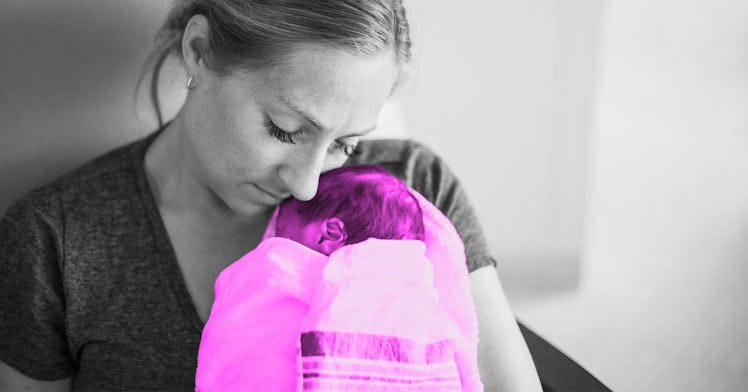How to Care for a Premature Baby After Leaving the Hospital
It’s a daunting prospect for parents, but many premature babies tend to do well after their stay at the NICU.

Premature birth isn’t the same as an early birth – babies born within three weeks of the due date are considered full term. Truly premature babies face dangerous complications. The earlier the birth occurs, the more complicated it is. While a baby born at 32-weeks has more challenges than one born at 35-weeks, they are still far ahead of a baby born at 28 weeks. Premature birth is tough on the babies, but it’s also tough on the parents because premature babies don’t go home right away – they stay in a Neonatal Intensive Care Unit (NICU). That makes the day a baby is discharged from the NICU a day of both relief and trepidation. Thankfully, while premature babies may have some unique health considerations, they can still thrive at home.
“There can be long-term effects of being born premature, but generally preemies do quite well,” explains Michael Langbaum, M.D., a board-certified neonatologist and chief of pediatrics and the NICU at the University of Maryland St. Joseph Medical Center in Towson, MD. “They can be at an increased risk for neurodevelopmental issues but this is on a case-by-case basis. Early intervention is key to helping with development. By the age of 4, most preemies have caught up to their peers.”
In order to be discharged from the NICU, premature babies need to achieve some key milestones. These are usually related to involuntary bodily functions, and really can’t be hurried.
“A baby discharged from the NICU must be able to maintain their temperature outside of a heated isolette,” explains Langbaum. “The parents must be able to feed the baby and the baby must have a consistent weight gain. The baby should be able to regulate their own breathing in a normal fashion.”
Once a preemie meets those development goals, NICU staff can prepare for discharge. The baby has to pass a car-seat test – premature babies are particularly susceptible to the typical baby seat bobblehead issues – but a lot of preparing for the discharge actually means preparing the parents.
Regular discharge teaching includes learning infant CPR and why babies should sleep on their backs. Preemies sometimes do need specialized equipment, such as an apnea monitor, but the most common concern doctors have for preemies after their NICU stay doesn’t involve any complicated apparatus.
What to Know About Caring for a Premature Baby
- Neonatal care has come a long way – many premature babies do well after their stay in the Neonatal Intensive Care Unit or NICU.
- Babies don’t go home early – premature babies have to meet certain developmental milestones before they can be discharged from the NICU. Nobody gets out early – they get out at just the right time for them.
- Discharge means instructions – parents may have additional responsibilities when caring for a preemie. This can include administering medications, using an apnea monitor, or mixing special formula. Though overwhelming, these are within a parent’s ability.
- Follow-ups are scheduled before discharge – preemies need assessment and early intervention to manage any neurological development issues they may have. These appointments are scheduled before the baby leaves the hospital.
- Most have caught up by age four – by their fourth birthday, most premature babies have caught up with their full-term peers.
“The most common thing we worry about is continued weight gain, so that is monitored closely by follow up pediatricians and visiting nurse organizations,” Langbaum says. Due to concerns about weight gain, premature babies may need special formula, and sometimes have trouble learning how to latch. Despite some widespread myths, formula feeding is a non-issue.
Any special training on administering medicines, using an apnea monitor, or mixing formula is thoroughly covered before discharge. Any responsibilities parents have when they bring their child home are designed to be as easy as possible, and any follow-up appointments and assessments for early-intervention are scheduled before discharge. NICU staff care deeply about good outcomes, and they understand that taking a baby home after a NICU stay can be emotionally trying. They may even allow parents a trial run in the hospital.
“As a complicated admission looks toward discharge, sometimes parents feel more comfortable rooming-in with their baby in the NICU before they go home, to have the nurses available overnight,” Langbaum says. “This is a good way for overwhelmed parents to care for their baby but know that help is available if questions should arise.”
This article was originally published on